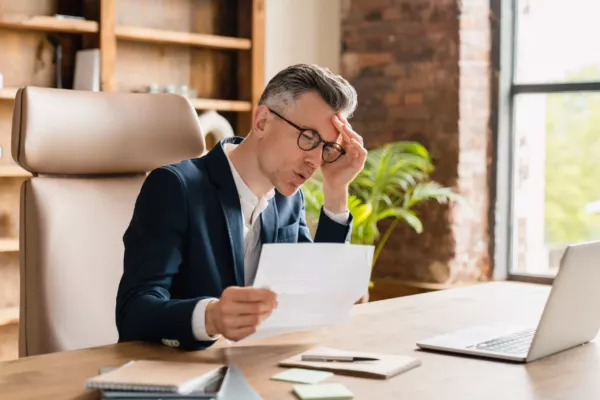Those who wish to declare bankruptcy have to go through necessary steps in order to enjoy the automatic stay and eventually arrive at a bankruptcy discharge. There are many elements involved in the bankruptcy process, and they have the potential to define one’s experience with personal bankruptcy.
One of these influential factors is the list of bankruptcy exceptions that the debtor can claim. Bankruptcy laws differ from state to state, and one of the ways in which they may vary is in the choice given to bankruptcy filers to pick between state bankruptcy exemptions and federal bankruptcy exemptions. Some states provide the option to choose federal bankruptcy exemptions and others don’t.
 According to state law, New Jersey debtors are allowed this choice when they file bankruptcy. The bankruptcy chapter that bankrupt individuals usually file under is either Chapter 7, which involves liquidation, or Chapter 13, which involves reorganization. There are many types of bankruptcy, and it’s important to know what the options each one presents when it comes to claiming exemptions. For instance, couples who file a joint petition for bankruptcy are allowed by federal law to double the exemptions. This is typically not done with state exemptions.
According to state law, New Jersey debtors are allowed this choice when they file bankruptcy. The bankruptcy chapter that bankrupt individuals usually file under is either Chapter 7, which involves liquidation, or Chapter 13, which involves reorganization. There are many types of bankruptcy, and it’s important to know what the options each one presents when it comes to claiming exemptions. For instance, couples who file a joint petition for bankruptcy are allowed by federal law to double the exemptions. This is typically not done with state exemptions.
Federal Bankruptcy Exemptions
The following are the bankruptcy exemptions allowed by the federal government.
- Federal Homestead Exemption
Used to cover the filer’s primary place of residence, this exemption protects any property that functions as a principal residence. It can be a house, a condominium, or even a mobile home. Just like its state counterpart, this exemption doesn’t shield investment property. This means that vacation homes and the like are nonexempt.
- Wildcard Exemption
In bankruptcy cases wherein the wildcard exemption can be claimed, debtors are allowed to apply a dollar amount toward any asset. Bankruptcy law even allows it to be combined with another exemption to complete the coverage of a certain asset’s value. For instance, if there’s a leftover in the coverage provided by the homestead exemption, the debtor can subtract from the remainder up to a particular amount to increase the value of the wildcard exemption.
- Personal Property Exemption
Federal exemptions concerning personal property include protection for a motor vehicle, jewelry, and trade tools. Appliances, furniture, household items, and clothing may also be considered exempt property. There are limits on federal personal property exemptions, both overall and per item included. Filers have to be careful when doing their calculations. Also important to note is the fact that these exemptions also cover among other things life insurance policies as well as health aids.
Other Types of Federal Bankruptcy Exemptions
Some of the other exemptions include reasonably necessary spousal or child support payments as well as different forms of government benefits like unemployment, Social Security, and any form of public assistance. Life insurance payments may be exempted. The same is true for retirement accounts that are taxation-exempt, but there’s a cap for IRAs, both traditional and Roth.
A bankruptcy case that involves a filer who receives payment for damages from a personal injury lawsuit is likely allowed to exempt much of it. Compensation that’s based on the loss of earning ability is usually exempt in bankruptcy proceedings, e.g. those from being a crime victim or from a loved one’s wrongful death. Except for those meant to compensate for pain and suffering or financial losses, a capped amount of damages from personal injury may generally be kept.
Declare Bankruptcy with Legal Help! Contact a New Jersey Bankruptcy Attorney Today!
When your financial problems become too much, the solution may very well be declaring bankruptcy. To overcome financial distress and get rid of debt, you may file for bankruptcy protection. Bankruptcies are often instrumental in eliciting debt relief and a fresh financial start.
If filing for bankruptcy seems to be your key to getting out of debt, start the process right by consulting a bankruptcy lawyer before filing. Bankruptcy lawyers review their clients’ cases in order to provide fitting advice on everything from accomplishing bankruptcy forms to coping with life after bankruptcy.
Legal assistance is invaluable when filing bankruptcy. Call us at Lucid Law to speak with an experienced New Jersey bankruptcy attorney.


